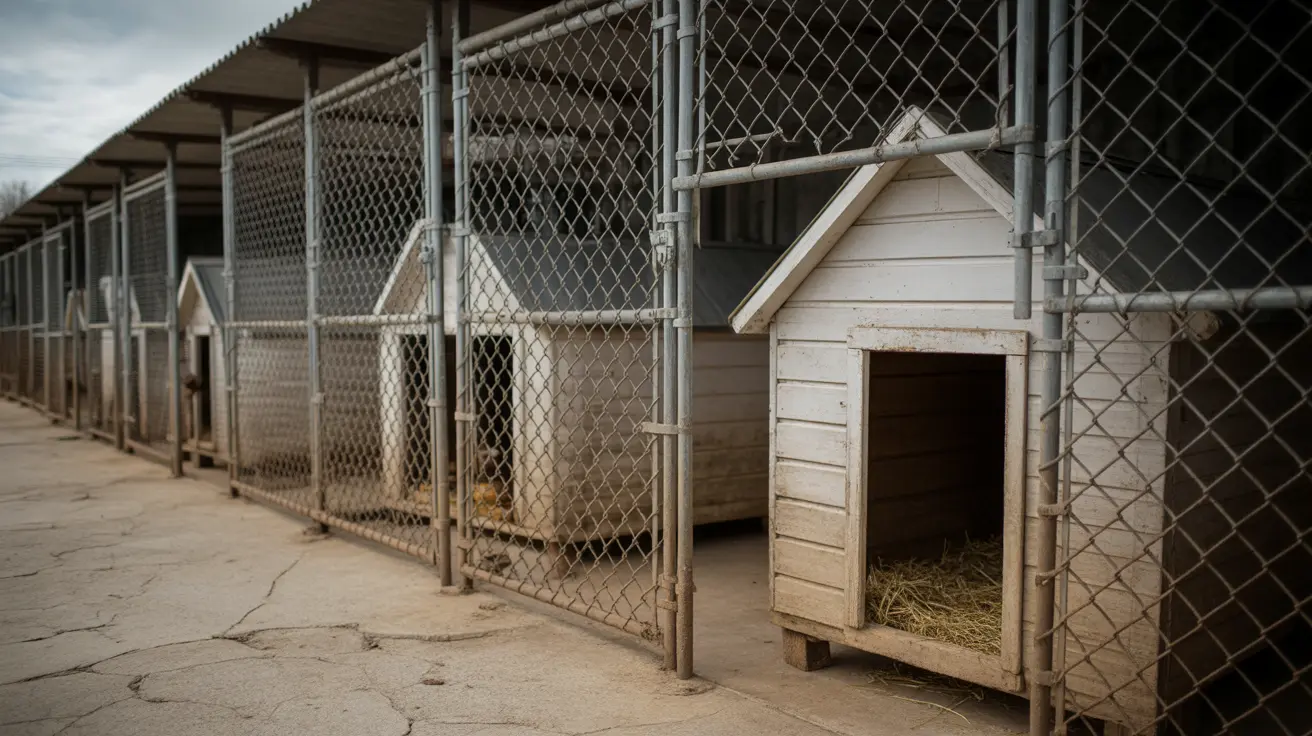Understanding Your Sick Cat's Needs
When your feline friend falls ill, providing the right care and comfort becomes crucial for their recovery. Cats are masters at hiding illness, which makes it especially important to create a supportive environment once you notice signs of sickness. This comprehensive guide will help you understand how to comfort a sick cat while ensuring they receive proper care during their recovery.
Recognizing when your cat needs extra attention and comfort is the first step in providing effective care. Sick cats often display subtle changes in behavior before showing obvious physical symptoms, making it essential for pet parents to stay vigilant and observant.
Creating a Safe and Comfortable Recovery Space
One of the most important aspects of caring for a sick cat is providing them with a quiet, warm, and secure environment where they can rest and recover undisturbed.
Setting Up the Perfect Recovery Area
- Set up a quiet room away from household traffic
- Provide soft, clean bedding in a draft-free location
- Maintain a consistent, warm temperature
- Keep essential items (food, water, litter box) easily accessible
Consider using a heating pad set on low and wrapped in a towel, or a self-warming cat bed to help maintain their body temperature. Place these items where your cat can easily move away if they become too warm.
Maintaining Proper Nutrition and Hydration
Keeping your sick cat properly nourished and hydrated is crucial for their recovery. Even if their appetite is diminished, there are several ways to encourage eating and drinking:
Food and Water Tips
- Offer wet food warmed to body temperature
- Place multiple water sources around their recovery area
- Consider using pet fountains to encourage drinking
- Hand-feed small amounts if necessary
- Keep food and water bowls clean and fresh
Providing Emotional Support and Comfort
Physical comfort isn't the only consideration when caring for a sick cat. Emotional support plays a vital role in their recovery process. Spend quality time with your cat, but be mindful of their need for space:
Gentle Interaction Methods
- Soft speaking and gentle petting
- Quiet presence nearby
- Familiar toys or blankets
- Regular grooming if tolerated
- Respect their desire for solitude
Monitoring Health and Recovery
Keeping track of your cat's condition is essential for ensuring their recovery is progressing properly. Monitor these key aspects:
- Food and water intake
- Bathroom habits
- Energy levels
- Breathing patterns
- Temperature
- Medication schedule (if prescribed)
Working with Your Veterinarian
Professional medical care is crucial when dealing with a sick cat. Always follow your veterinarian's instructions carefully and maintain open communication about your cat's progress or any concerns that arise during recovery.
Frequently Asked Questions
How can I create a comfortable and stress-free environment to help my sick cat recover?
Create a quiet, warm space away from other pets and household activity. Provide soft bedding, easy access to necessities, and maintain a consistent temperature. Keep their environment clean and peaceful to promote rest and healing.
What are the early signs that my cat might be sick and need veterinary care?
Watch for changes in appetite, energy levels, grooming habits, and litter box use. Other signs include hiding more than usual, changes in vocalization, breathing difficulties, or unusual aggression or lethargy.
How do I encourage a sick cat to eat and stay hydrated when they have little appetite?
Offer warm, aromatic wet food in small portions throughout the day. Try different flavors and textures, and consider using pet fountains or shallow water dishes. In some cases, veterinary-approved appetite stimulants may be necessary.
What is the best way to give medication to a cat without causing them stress?
Use pill pockets or ask your vet about compound medications in more palatable forms. Remain calm and gentle, and always follow medication with positive reinforcement. Never force medication, as this can create lasting trauma.
When should I seek immediate veterinary attention for my sick cat's symptoms?
Seek immediate care if you notice difficulty breathing, prolonged lethargy, repeated vomiting or diarrhea, inability to urinate, seizures, or complete loss of appetite for more than 24 hours.
Conclusion
Comforting a sick cat requires patience, attention to detail, and a balance of physical and emotional support. By creating the right environment, maintaining proper nutrition, and working closely with your veterinarian, you can help your feline friend recover more comfortably and quickly.
Remember that every cat is unique, and their comfort needs may vary. Stay attentive to your cat's signals and adjust your care approach accordingly to provide the best possible support during their recovery.






